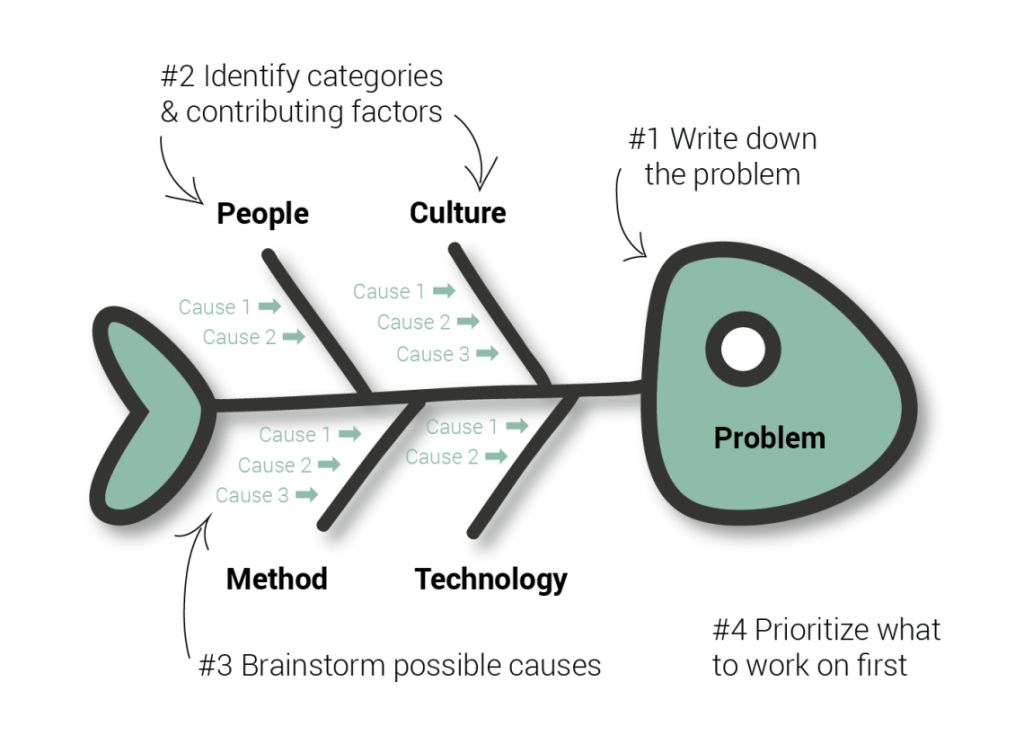
When it comes to balancing study and work, there are two types of people.
- Those who believe that work-life balance is a myth
- Those who do whatever it takes in the quest for that elusive holy grail
Over the years, our learning coaches have developed the view that work-life balance is found somewhere in the middle. In this blog post, we’ll explore seven easy tips to help you balance study, work and family – whatever that means to you.
1. Be proactive, not reactive
We all have a long list of to-do’s to get through every day. You’ll feel off-center if you get to the end of the week and have a long list with no ticks.
Here’s how to get ahead of your to-do list:
- Have one list for each key area of your life (e.g. family, work, study, hobbies, health).
- Prioritise what needs to be done by how much stress it is causing you. It’s tempting to do lots of small items ahead of that one big thing giving you the most grief. But trust us – get that big thing out of the way and you’ll have more energy to tackle the small items.
- Domino your actions. See if one to-do will knock out more of the others.
- Delegate. Ask for help from friends, family, co-workers or your boss. Sharing the stress can halve the stress.
2. Use habits over willpower
Studies have found there is a finite amount of willpower we are capable of in any day. Research into our brain and psychology shows that we are better off focusing willpower on one key behavioural change at a time. For example, either diet or exercise, but not both at the same time. When we take on too much change at once, we stress out our brains and doom ourselves to failure.
Therefore, when you take on something new and important such as online study, don’t rely on your willpower. Instead, direct your energy to strengthening powerful habits that will make studying more automatic.
3. Work smarter, not harder
Einstein famously said, ‘The definition of insanity is doing the same thing over and over again and expecting different results’.
For the next 30 minutes, pause and look at your life through a smart-not-hard lens. What are you stubbornly doing the hard way? Where could you make smarter choices?
Be as honest and compassionate with yourself as possible. Have a good laugh about the things you’ve been doing too hard for too long and let them go. Try the smarter, more efficient way instead.
How to Maximise your Studying and Working from Home Potential: Tips from a Personal Trainer
4. Move your body to exercise your brain
Our bodies are built to move. Moving makes us feel good! Even light exercise, such as walking or gentle stretching, releases endorphins and hormones that make us feel better about life and clarify our thinking.
If you are stuck on an idea or a concept, the best thing to do is take a break and walk around the block. When you return to your desk, you’ll have renewed inspiration.
Posture is also important. You will think and work better sitting upright than when you’re slouching or lying down. The growing popularity of standing desks shows how essential posture and movement are in achieving productive results when you work or study.
5. Create rituals to support your work-life balance
Rituals go beyond the morning cup of coffee. Many thought leaders have evening and morning rituals that help them focus and find balance. Rituals may include:
Rituals are best when they take you outside your day-to-day stress and support your purpose.
6. Identify your purpose
As author and motivator Simon Sinek says, ‘Start with why.’ Your why gives you a sense of purpose and perspective to keep balanced.
Why do you study? Are you studying to get a better salary or role? To switch careers or do that thing you’ve always wanted to do? Dig deep. Then find the why behind your first why. What will a better career or more money give you? Perhaps it means a better home for you and your kids, travel opportunities, opening your own business one day, or being your best self. Why is that important? Ask why again.
This is sometimes referred to as the ‘five whys’, ‘Ishikawa’ or ‘fishbone’ exercise and it can help you get to the root of your purpose and motivation.

Source: Accelerate Learning Community, University of Utah
Use this exercise to figure out why you work. To pay the bills, fulfill a skill, support your family, hone your trade, or be of service? Why is balance important to you?
The key is to be honest. Only then will you discover your place of productivity and how to hold yourself accountable. Find the values that trigger your desire for balance, choose a visual image representing purpose and balance, and then use it as a screen saver.
7. You can’t work-life balance without rest and sleep
The occasional 2:00 am study session probably won’t affect you too much. But doing this every week is not sustainable (unless you’re sleeping during the day to compensate). You’ll burn out and won’t be doing your best work.
If you develop the six other tips above, you’ll find you have more pockets of time to study, work, spend time with family, and still get enough quality sleep. Taking regular rest breaks – for example, five minutes every 25 minutes or 10 minutes every hour – is another way to stay balanced.
Download our FREE Guide to Goal Setting!
Find valuable information on how to use goal mapping, set SMARTER goals, use resilience and gain access to our exclusive goal setting templates.





